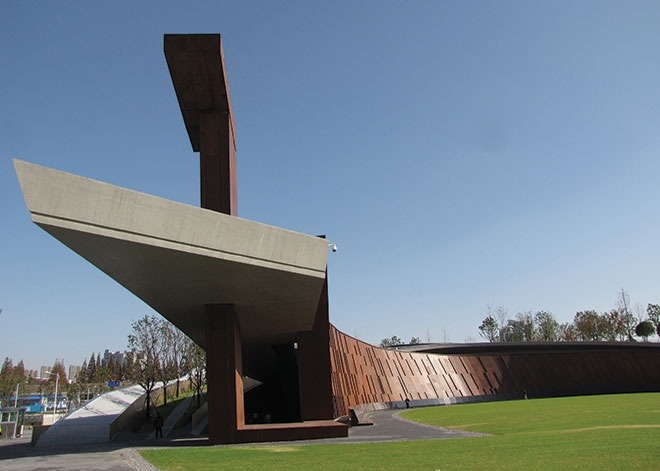79 years ago, the Japanese invaded Nanjing, or as it is was known back then; Nanking. Over a period of six weeks, starting when the invaders captured Nanjing on 13 December, the Japanese slaughtered the Chinese, most doing it as if it were a game to them.
These are the basics of the Nanjing Massacre, the “textbook stuff”. For most young Chinese men and women these days, this is all they were taught. Some do not even know this much, or about how their city came to be the thriving and beautiful metropolis that it is.
You would think that growing up, or living, in the wonderful city of Nanjing, people would take time to learn about its culture. You might even imagine that an event such as this, the Nanjing Massacre, would be taught to children in depth, over and over again, in school. In reality, the exact opposite appears to be the case. For this piece, I interviewed seven men and women, five of whom in their 20s, and two in their late 40s, on what they know about the Nanjing Massacre and how they feel about it. I received a variety of answers, most of which shocked me.
The first group I came across was a group of friends made up of three 20-year-old women. When I asked Ms. Xia how much she knew about the events of the massacre and where she had learnt such, she told me that she did not know very much; only “the information in high school text books, and went to the Nanjing massacre museum”. Ms. Gu told me that she felt “quite unhappy about it”. When I questioned Ms. Shi about whether she wanted to know more, she replied with a firm yes. Yet, it seemed as if the three of them were relying on each other in their answers.
22 year old Mr. Li, on the other hand, came across as disinterested and less than enthusiastic about the subject. He told me that he could not remember most of what he had been taught. When probed whether or not he wanted to know more on the issue, he replied with a dismissive, “Ok”.
I then met Mr. Wang, 27, who was very friendly, easy to approach and held many detailed opinions. On the way we face this event, he said, “[We should] respect history. Some people are very emotional about this thing, and think badly about Japan and the Japanese. But we still have to face it calmly”.
I then interviewed Mr. Yan and Mrs. Chen, both 47, living in Xianlin and with a daughter who goes to Nanjing International School. Mr. Yan told me that the Nanjing Massacre is definitely still relevant in today’s society as, according to him, the Japanese “don’t admit the truth… China thinks that 300 thousand people died, but Japan says that 160 thousand did”.
Mrs. Chen held a similar opinion; “I have been learning about this since I was very young. I also know that the Japanese government does not admit this, and I think they are scared to face their savage actions”. Mrs. Chen feels very strongly about the matter, believing all children should grow up learning the truth; what she calls, “both sides of the story”.
The difference in attitude between everyone is obvious. While some younger Chinese may not be bothered about their lack of knowledge over a savage part of history that occured on their doorstep, there are others who feel more strongly, for example Mr. Wang, Mr. Yan and Mrs. Chen. They are all of the opinion that the younger people of today do not know enough about the period, and should learn more.
This generation may not want to gain an understanding of the Nanjing Massacre, but neither should they develop a hatred for the Japanese. Perhaps, as Mr. Yan was taught, they should learn to forgive, but remember. It is only by remembering that we can prevent these horrific events from ever happening again.
Of the seven people to whom I spoke, Mr. Wang was the one to best hit the nail on the head; not to act out of hate, and not necessarily to forgive and forget, but to face things head on, yet with a calm demeanour.









